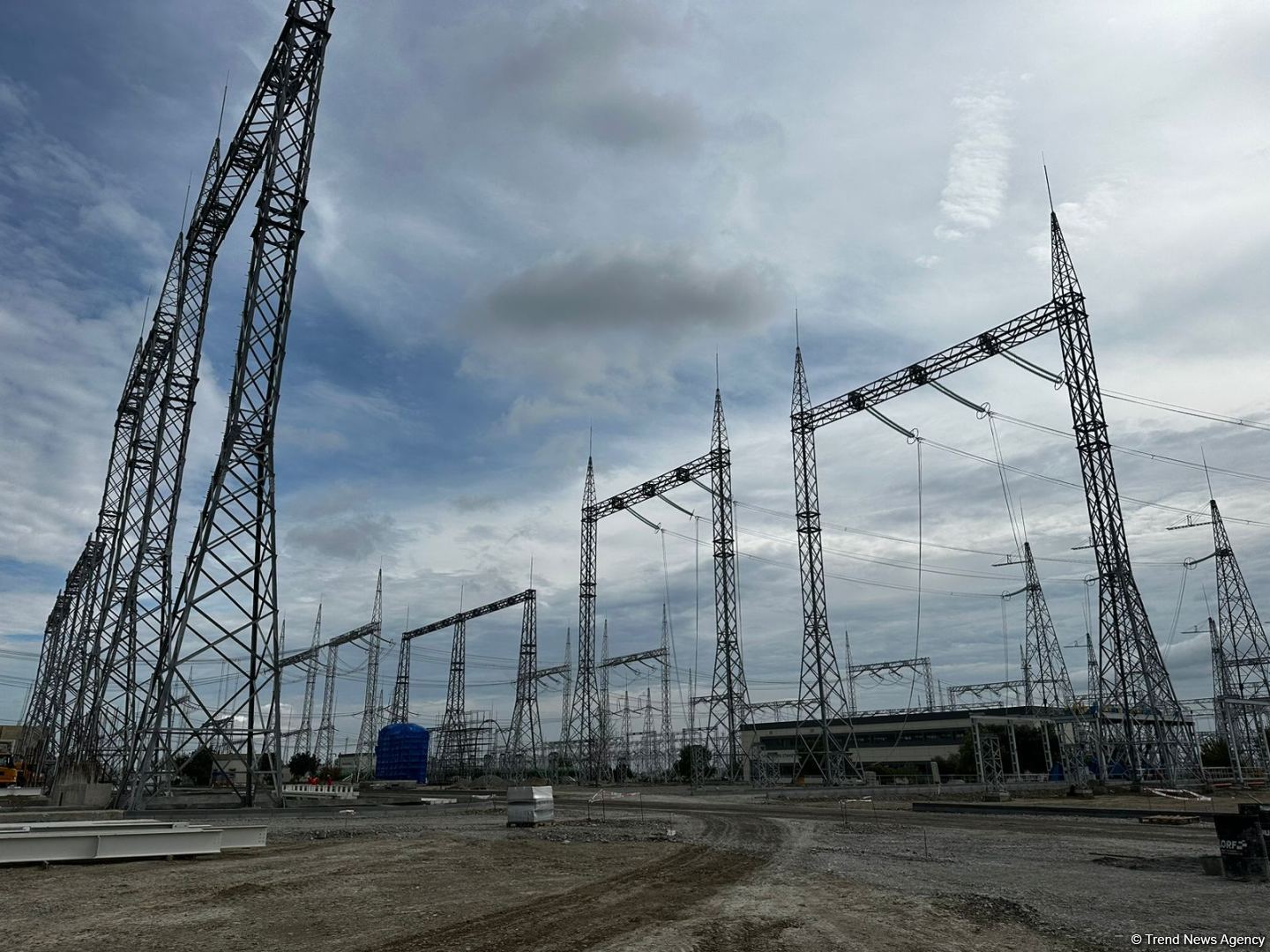B2B Payments Market: Plethora of Opportunities for Financial Innovation


The B2B payments market is on the verge of monumental change with rising demands from businesses for speed, more transparency, and greater control over their financial operations. The B2B payments ecosystem is rapidly evolving; therefore, understanding the B2B payments space is imperative to ensure that organizations remain relevant and competitive in the rapidly digitizing world. B2B payments are quickly shifting into seamless transactions powered by artificial intelligence systems, blockchain technology, and API-first platforms.
For instance, fast B2B payment processing is available in more than 50 countries, including North America, Europe, and Asia. Furthermore, the global B2B payments market is expected to surpass USD 373.13 trillion in total by 2037. Ultimately, the rapid evolution of embedded finance and fintech innovation results in a more intuitive, customizable, and revenue-generating experience.
In this blog, let’s explore the key trends and innovations that will shape the future of B2B payments.
Increase in cross-border trade
According to the UN Trade and Development, in 2024, global trade grew by 3.7% to reach a record USD 33 trillion. As companies expand into new territories, managing multi-currency transactions and local compliance is becoming more important. This trend is adding growth to the demand for a complex payment solution that supports multi-currency payments. Newer B2B payment solutions are helping to fill this void by delivering customized solutions that simplify international transactions. For instance, in June 2025, Merge, a London-based fintech company, partnered with DHgate. Through the cooperation, DHgate’s platform will incorporate Merge’s sophisticated cross-border payment API, facilitating more seamless and economical transactions. As a result, DHgate’s clients will benefit from a more straightforward payment procedure, lower transaction fees, and additional payment choices.
Further investments are being made in blockchain and distributed ledger technology to significantly enhance business-to-business cross-border payments. It can greatly lower transaction costs and may carry out cross-border transfers in a matter of minutes with the use of smart contracts and custom transaction tracking. In November 2024, Mastercard partnered with J.P. Morgan to focus on using blockchain technology to improve payments and expedite cross-border B2B transactions. Ultimately, cross-border trade is a huge engine driving innovation in the B2B payments space.
Shift to embedded finance
The transition to embedded finance is accelerating the growth of cross-border payments. By integrating payment capabilities into e-commerce sites, marketplaces, and SaaS platforms, it enables consumers and businesses to send and receive international payments. Embedded finance is making cross-border payments easier, cheaper, more inclusive, and more widely adopted. Historically, SMEs were subjected to longer waits, complicated foreign exchange solutions, and high fees. Embedded finance contributes to enhancing cross-border payments by reducing the entry barriers for SMEs. Additionally, embedded finance enables digital platforms to earn revenue from international payments through FX spreads or transaction fees, reshaping international commerce for the future. In April 2025, VoPay introduced an embedded cross-border solution to provide a cutting-edge, safe cross-border payment solution.
Adoption of real-time payments & automation
The utilization of real-time payments and automation is growing the B2B payments market. Real-time payments allow businesses to instantly transfer and confirm funds in today’s fast-paced business environment. In June 2025, Accept/Pay Global introduced its real-time payments service with Interac for facilitating instant loan disbursements, real-time payroll allowing access to earned wages, speedy insurance claim payouts, and accelerated business-to-business settlements for Canadian businesses.
Automation can allow real-time payments to become efficient by significantly reducing human error, processing costs. This technology is helpful for SMEs that do not have the capabilities for managing a complex and inefficient payment infrastructure. In addition, real-time payments and automation offer customers enhanced control, predictability, and transparency. The inclusion of real-time payments and automation is transforming the B2B payments landscape into a more nimble, intelligent, and scalable engine for business innovation.
In addition, leading B2B payment players are deploying a range of approaches to expand in the B2B payments market. Visa, Mastercard, and American Express are expanding their ability to offer digital payment solutions through acquisitions or partnerships with fintechs. Similarly, companies such as Stripe, PayPal, and Adyen are embedding payment functionality into their overall platform. Simultaneously, players such as Bill.com, SAP Concur, and Coupa are expanding into developing markets through local acquisitions and partnerships.
Moreover, according to Research Nester Analysis, North America leads the B2B payment market, led by the presence of advanced digital infrastructure and, large concentration of major enterprises. The region has many of the largest corporations that need sophisticated B2B payment systems to address complex supply chains, high transaction volumes, and cross-border trade. Particularly, the U.S. also has a favourable regulatory environment that promotes financial innovation. For instance, with over 4 times the amount of consumer payments, B2B payments make up the greatest portion of all U.S. payments.
Opportunities for the Investors in the B2B payment market
More companies are adopting AI enabled tools to streamline invoice processing and lower the manual errors. Various investors can tap onto SaaS platforms for SMEs and other small businesses. The advent of cross border B2B payments also offer lucrative avenues for the investment, with the worldwide trade is on rise. Other than this, embedded finance is creating an impeccable user experience and deepening the customer retention. In the emerging markets, there is a huge demand for the payment security and fraud prevention solutions. Companies are offering real time fraud detection and tokenisation techniques. The B2B payments domain is offering opportunities led by the innovation, fuelled by rising need for the speed, credit access, and transparency.
In a Nutshell,
The B2B payments marketplace is undergoing a seismic shift and evolution. Where businesses traditionally relied on manual, paper-based processes, b2b payments have opened new opportunities for all types and sizes of businesses. New and emerging technologies, including embedded finance, real-time payments, are ushering in new approaches to instilling financial transparency across various industries. As global commerce increasingly shifts to being digital and interconnected, the need for more scalable B2B payments will likewise rise. Towards the end, the B2B payments landscape is consequential to a broader evolution toward seamless, intelligent, and integrated financial experiences.
The post B2B Payments Market: Plethora of Opportunities for Financial Innovation appeared first on European Business & Finance Magazine.













































